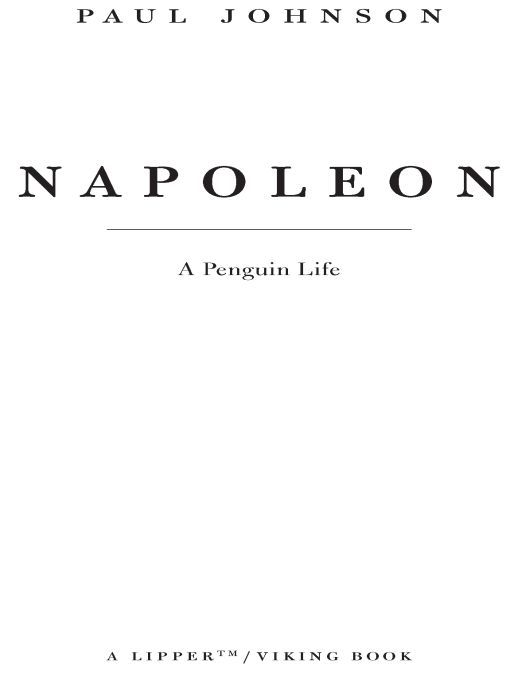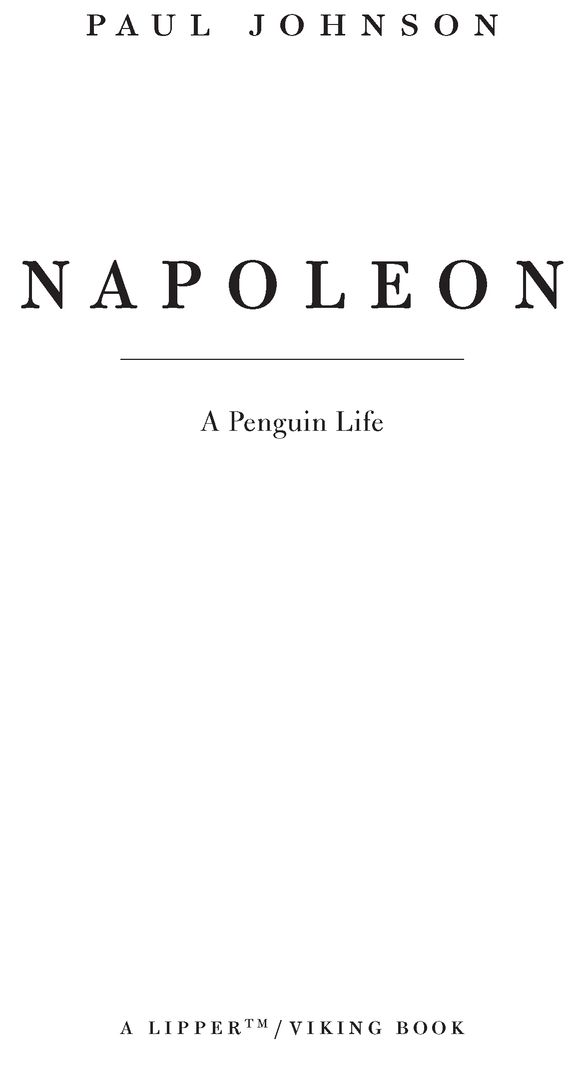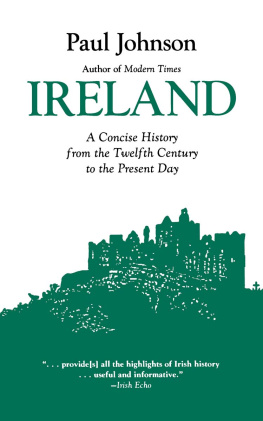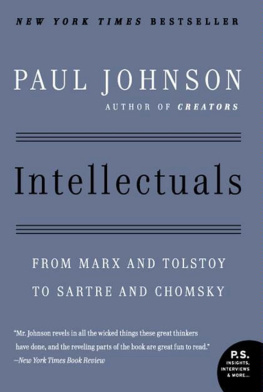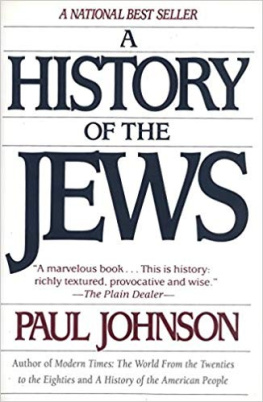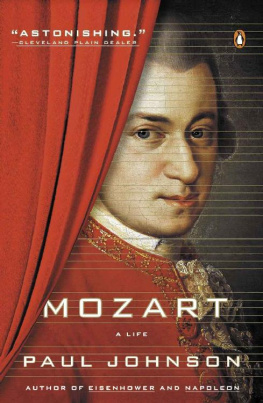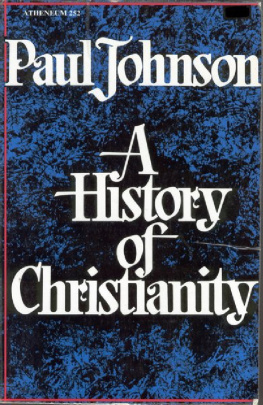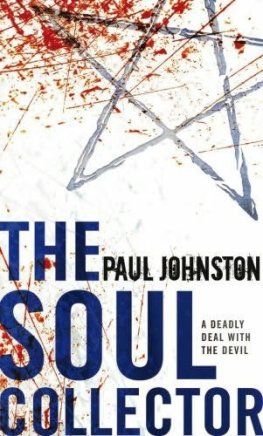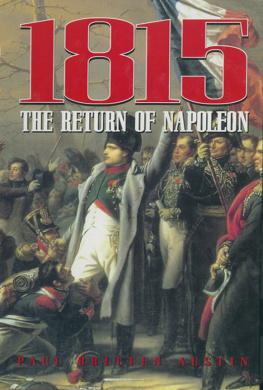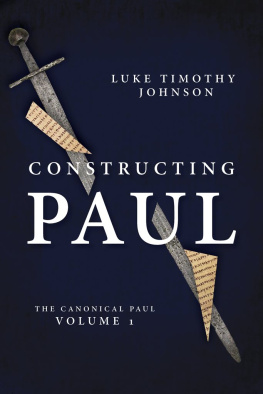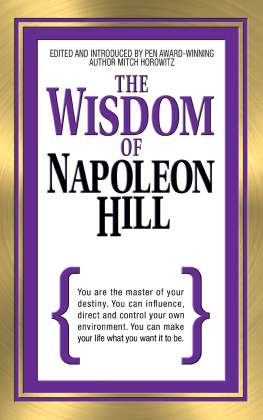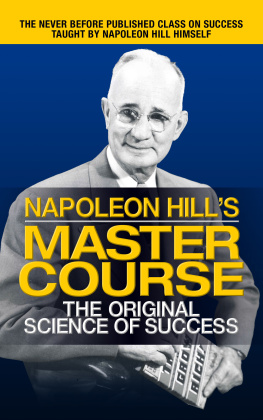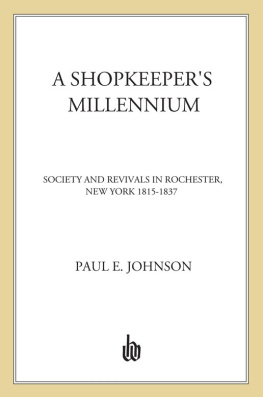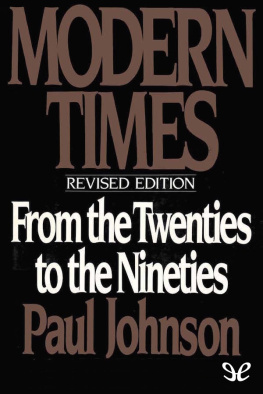Table of Contents
PUBLISHED TITLES IN THE PENGUIN LIVES SERIES:
Larry McMurtry on Crazy Horse
Edmund White on Marcel Proust Peter Gay on Mozart
Garry Wills on Saint Augustine Jonathan Spence on Mao Zedong
Edna OBrien on James Joyce Douglas Brinkley on Rosa Parks
Elizabeth Hardwick on Herman Melville
Louis Auchincloss on Woodrow Wilson
Mary Gordon on Joan of Arc
Sherwin B. Nuland on Leonardo da Vinci
Nigel Nicolson on Virginia Woolf Carol Shields on Jane Austen
Karen Armstrong on the Buddha R. W. B. Lewis on Dante
Francine du Plessix Gray on Simone Weil
Patricia Bosworth on Marlon Brando
Wayne Koestenbaum on Andy Warhol
Thomas Cahill on Pope John XXIII
Marshall Frady on Martin Luther King, Jr.
FORTHCOMING:
John Keegan on Winston Churchill
Roy Blount, Jr., on Robert E. Lee Jane Smiley on Charles Dickens
David Quammen on Charles Darwin
Bobbie Ann Mason on Elvis Presley James Gleick on Isaac Newton
Kathryn Harrison on Saint Thrse of Lisieux
Robert V. Remini on Joseph Smith Hilton Als on James Baldwin
Ada Louise Huxtable on Frank Lloyd Wright
Thomas Keneally on Abraham Lincoln
Martin E. Marty on Martin Luther
Simon Schama on Oliver Cromwell
GENERAL EDITOR: JAMES ATLAS
Introduction
FEW INDIVIDUALS have had more impact on history than Napoleon Bonaparte. He is the grandest possible refutation of those determinists who hold that events are governed by forces, classes, economics, and geography rather than by the powerful wills of men and women. Though Bonaparte exercised power only for a decade and a half, his impact on the future lasted until nearly the end of the twentieth century, almost two hundred years after his death. Indeed, his influence may not yet be spent. People love reading about him and his spectacular rise, just as in Roman and medieval times they read about Alexander. And they ponder the question: Might I, in comparable circumstances, have done as well? Few persons of ambition have failed to see Bonaparte as an exemplar or a spur. It is significant how many of those who exercise various forms of power, and wish for moremedia tycoons, for examplehave decked their offices or even their persons with Napoleonic memorabilia.
It is one of the contentions of this book that Bonaparte was not an ideologue but an opportunist who seized on the accident of the French Revolution to propel himself into supreme power. I say accident because the example of Britain and the Scandinavian countries showed that all the desirable reforms that the French radicals brought about by force and blood could have been achieved by peaceful means. As it was, the horrific course of the Revolution led, as was almost inevitable, to absolutism, of which Bonaparte was the beneficiary. And once installed in power he relentlessly sought further power by extending his rule to encompass most of Europe. It does not seem to have occurred to him to study the example of his older contemporary George Washington, who translated military victory into civil progress and renounced the rule of force in favor of the rule of law. But Bonaparte always put his trust in bayonets and cannon. In the end, force was the only language he understood, and in the end it pronounced a hostile judgment on him.
In the meantime, though, Bonaparte unleashed on Europe the most destructive wars the continent had ever experienced. For the first time, large-scale conscription played a notable part in swelling the armies, and their encounters became battles of entire nations. As the wars proceeded, the military casualties increased relentlessly, but the civilian populations also suffered in growing measure. First Italy, then Central Europe, finally Spain and Russia became victims of Bonapartes wars of conquest. The German-speaking lands in particular were fought over again and again, and the eventual revulsion against Bonaparte played a critical part in creating a spirit of German nationalism that was to become aggressive and threatening itself. A new concept of total warfare was born, and alongside it grew other institutions: the secret police, large-scale professional espionage, government propaganda machines, and the faking of supposedly democratic movements, elections, and plebiscites. France herself, though fought over only in the final phases of the wars, suffered bitterly, and some of her losses were permanent. At a time when other European populations were growing fast, Frances slowed down and began to stagnate, and in due course France inevitably began to slip from her position as the leading power in Europe to second-class statusthat was Bonapartes true legacy to the country he adopted.
The statesmen who gathered in Vienna after the military collapse of Bonapartist France were determined to restore not only the old legitimist thrones but, so far as they could, the old conventions and rules of law that had kept the peace, or limited the impact of hostilities when war broke out. The Congress of Vienna must be regarded as one of the most successful peace settlements in history. With some exceptions, it determined the frontiers of Europe for a century, and though it did not prevent all European wars, it made a general conflagration far less likely. The nineteenth century was, in general, a time of peace, progress, and prosperity in Europe, until the old system finally broke down in 1914-18.
Thereafter, however, the Bonapartist legacy, aided by Frances decision to treat the dead ruler as a national hero and exemplar to the world, came into its own. The First World War itself was total warfare of the type Bonapartes methods adumbrated, and in the political anarchy that emerged from it, a new brand of ideological dictator took Bonapartes methods of government as a model, first in Russia, then in Italy, and finally in Germany, with many smaller countries following suit. The totalitarian state of the twentieth century was the ultimate progeny of the Napoleonic reality and myth. It is right, therefore, that we should study Bonapartes spectacular career unromantically, skeptically, and searchingly. At the beginning of the twenty-first century, anxious as we are to avoid the tragic mistakes of the twentieth, we must learn from Bonapartes life what to fear and what to avoid.
CHAPTER ONE
The Corsican Background
NAPOLEON BONAPARTE was born on 15 August 1769 at Ajaccio on the island of Corsica. It is a paradox that this man who thought in terms of conquering entire continents should have had his life bounded by three islands: Corsica, less than half the size of Wales, no bigger than Vermont; Elba, much smaller, where a parody of his glory was enacted; and Saint Helena, a mere speck on the ocean, his death-prison. It was a vintage time to be born: 1769 was also the birth year of Bonapartes nemesis, the duke of Wellington, and the politician who backed him, Viscount Castlereagh; and in and around this date were born many of the greatest spirits of the coming age: Chateaubriand and Madame de Stal, two more of Bonapartes dedicated enemies; Wordsworth and Coleridge, who cursed him in prose and verse; Beethoven, who dedicated his Eroica Symphony to the First Consul, then tore out the page in anger when he became emperor; and a host of othersHegel and Schlegel, Andrew Jackson and John Quincy Adams, George Canning, Metternich, and Sir Walter Scott.
It was a vintage year in other ways. The Industrial Revolution was just taking off in Britain, with textiles leading the way; and Captain Cook, landing at Botany Bay, brought the final continent, Australasia, into the Wests compass. But Corsica was very remote from these and other great events. It was poor, wild, neglected, exploited, politically and economically insignificant. Exactly a hundred years later, the English artist Edward Lear descended on the island with his sketching materials and produced a scintillating visual record of its appearance, unchanged in a century: spiny, vertiginous mountains, almost impenetrable pine forests, vast fields of rocks and rare cataracts, and endless barren scrubland, known locally as

